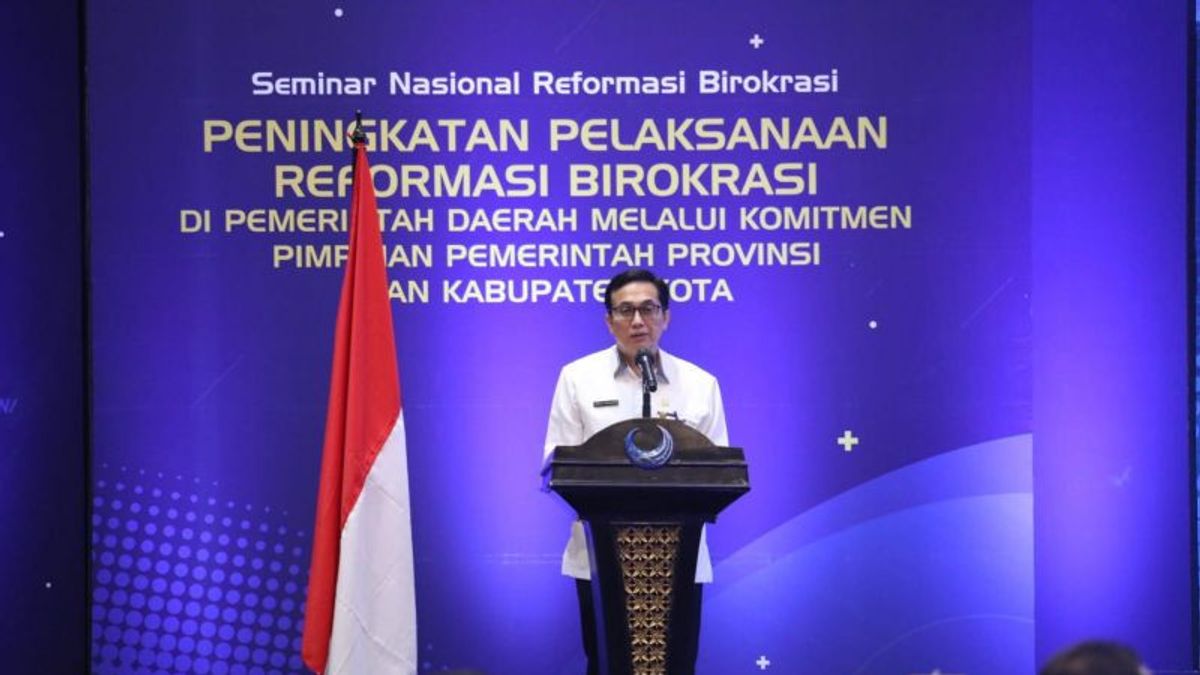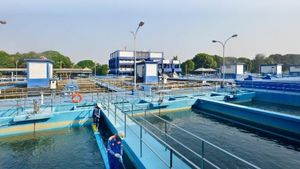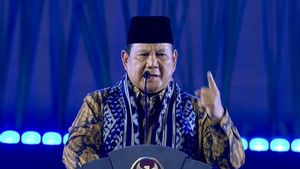JAKARTA - The Ministry of Home Affairs (Kemendagri) continues to encourage local governments to optimally implement bureaucratic reform.
The Inspector General (Irjen) of the Ministry of Home Affairs, Tumpak Haposan Simanjuntak, said that the effort was in synergy with the Ministry of Administrative Reform and Bureaucratic Reform (Kemenpan RB) as the supervisor of the implementation of bureaucratic reform.
"The government targets that by the end of 2024 the bureaucratic reform index will achieve a B value by implementing bureaucratic reform in 85 percent or 29 provincial governments and 70 percent or 360 district/city governments," he said, quoted by Antara, Wednesday, December 1.
According to Tumpak, in 2020 the bureaucratic reform index has reached "B". However, only 79 percent of regions implemented bureaucratic reform at the provincial government level and 31 percent at the district/city level.
Tumpak mentions five agendas of the Ministry of Home Affairs in supporting the implementation of bureaucratic reform in the regions. First, instructing the spirit of anti-corruption to regional heads, DPRD members, and regional apparatus officials.
This step, according to him, is important considering that data from the Corruption Eradication Commission (KPK) states that there are still many regional heads who are the result of the regional elections who are entangled in corruption.
"The high practice of corruption in the regions will disturb the government's image which in the end will disrupt the smooth implementation of bureaucratic reform," said Tumpak.
The second effort, the Ministry of Home Affairs creates interoperability between planning, budgeting, and performance systems in the regions.
With this system, he said, local governments must develop performance-based planning and budgets that are outcome and impact oriented. In addition, the benefits of the results must also be felt by the community.
On the third agenda, the Ministry of Home Affairs reviews regional institutions based on performance and simplification of bureaucratic structures. This is also in line with President Joko Widodo's direction to simplify the bureaucratic structure.
This effort, according to him, is necessary to create a bureaucracy that is more dynamic, agile, and professional in providing public services.
Fourth, the Ministry of Home Affairs seeks to encourage local governments to develop public service innovations.
Public service innovation is also in accordance with the President's directive so that the government can cut business permits and simplify licensing procedures.
Through these efforts, Indonesia's ranking in terms of ease of doing business is expected to improve.
"At this time we are still ranked 73 of the target for the next 3 years to be ranked 40," said Tumpak.
Fifth, the Ministry of Home Affairs seeks to encourage the strengthening of the regional government internal control apparatus (APIP). There are several things that need to strengthen the existence of APIP in accordance with the results of a study by the Ministry of Home Affairs and the KPK which was submitted to the President on 27 July 2017.
The strengthening efforts, said Tumpak, cover three areas, namely independent institutions, budget adequacy, and competence and adequacy of human resources.
The English, Chinese, Japanese, Arabic, and French versions are automatically generated by the AI. So there may still be inaccuracies in translating, please always see Indonesian as our main language. (system supported by DigitalSiber.id)













